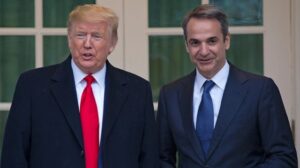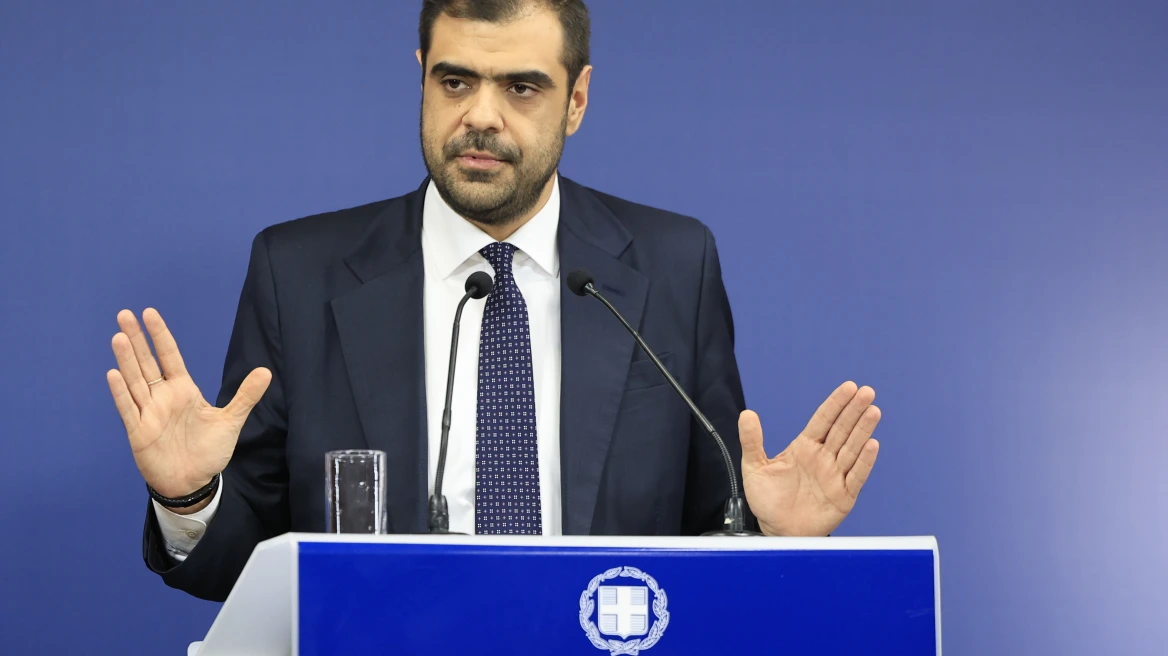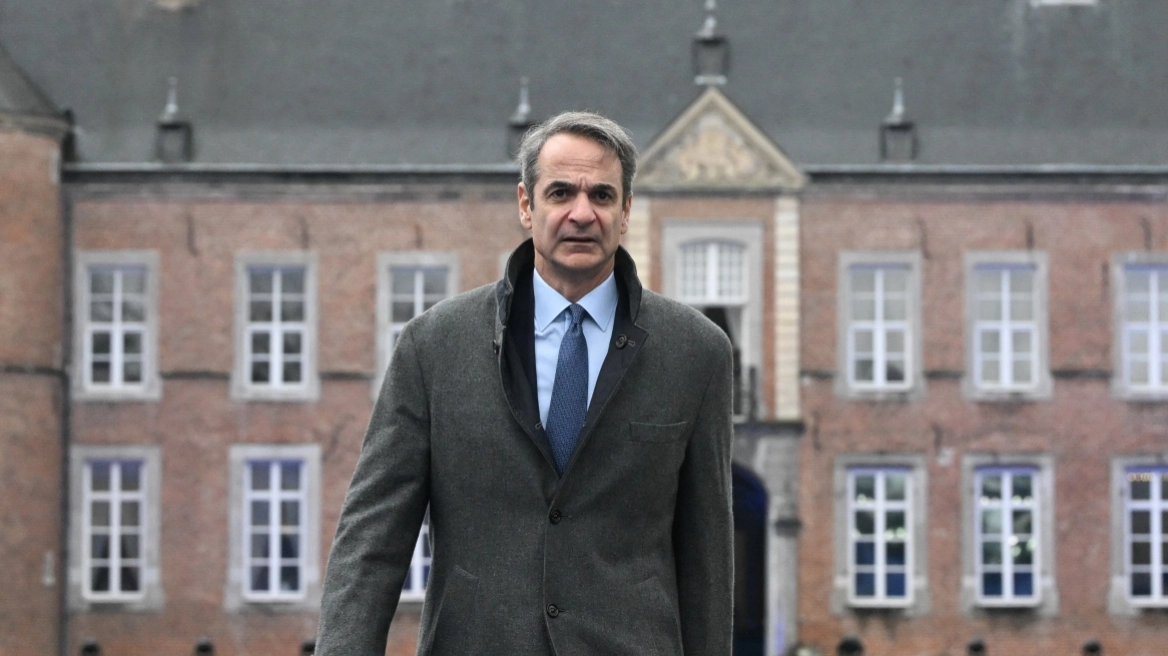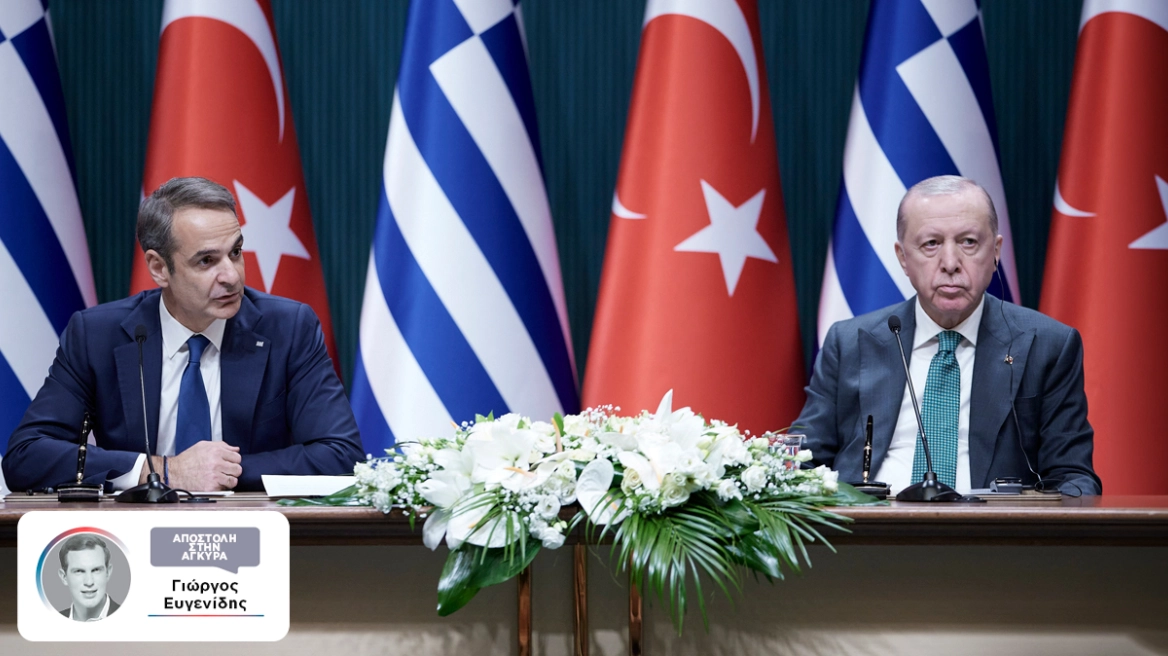The re-election of Donald Trump as the 47th President of the United States is creating a new global context at a time when the competition to shape the New World Order after the Cold War has intensified, which is also affecting regional conflicts and rivalries.
They wait until January when Trump will officially take office, then select the persons who will staff the crucial Departments of State and Defense and the National Security Council, and while waiting for the first signs of his foreign policy, beyond the campaign announcements, create a climate of uncertainty, which becomes even greater given the unpredictability of the new American president’s moves and decisions.
The Greek government was not taken by surprise, as at a senior level it was considered very likely that Trump would be elected, and at the leadership of the Foreign Ministry where Deputy Foreign Minister Al. Papadopoulou has deep experience of the internal processes in the US and had predicted for days to her interlocutors the victory of the conservative candidate. Moreover, the visit to Athens and his meeting with Prime Minister Kyriakos Mitsotakis of former Secretary of State in the Trump administration, Mike Pompeo, who will most likely assume an important role in the new US administration, was not just a coincidence.
Trump’s election affects the country on three levels: through the global dimensions of the new US foreign policy towards Russia and China, and in how the combination of the new concept of inward-lookingness with the preservation of the US global role will be reflected. At the level of overall US relations with the EU and NATO. And of course in US policy in the Eastern Mediterranean and Greek-Turkish grid.
Athens had no particular problems in its relationship with the previous Trump administration, which had met with both former Prime Minister Alexis Tsipras and Kyriakos Mitsotakis at the White House.
In fact, at the end of his tenure and shortly after Mitsotakis had taken over the country’s fortunes, the important Pompeo visit to Chania and Souda, the signing of the protocol amending the bilateral defense agreement (5 October 2019), and the Strategic Dialogue between the US and Greece, which paved the way for the signing of the renewed MDCA.
In this context, there was also the Pompeo letter with the US security guarantees for our country and support for peaceful resolution of disputes.
In the new environment that is taking shape, Greece will coordinate its moves on the major issues of transatlantic relations with other partners, hoping that these relations will not be driven into a crisis that would weaken the US defense commitment to Europe, although there will now be a strong incentive for Europe’s strategic autonomy, a plan that Greece supports.
It was Donald Trump in his previous term who approved US involvement in Eastern Mediterranean affairs with the participation of then-Secretary of State Mike Pompeo in the trilateral cooperation scheme Greece-Cyprus-Israel (3+1) at the meeting held in Tel Aviv (2019). The main pillar of his policy in the region was support for Israel, which seems far from being weakened by the war in Gaza.
Of extreme importance is the question of Trump’s policy towards Türkiye. The touted personal relationship with Erdogan is more of a myth due to the idiosyncrasy of the two leaders, which relationship however was not reflected in policy in Trump’s previous term.
Trump threatened Erdogan that he would “sink the Turkish economy” forcing the Turkish president to release Pastor Branson after the first strikes, and signed the executive order imposing sanctions under the CAATSA legislation to block Türkiye from F-35. Most importantly, it hurt Turkish strategic interests, as while in Agyra they had hoped that the policy of isolationism and withdrawal from international regional fronts would lead to the withdrawal of US forces from Syria as well, on the contrary, not only did the then US administration not soften its support for the Syrian Kurds, but instead, with a truly Italian in style and content Letter from Trump to Erdogan, calling him “stupid” by effectively banning him from the military operation in northern Syria and inviting him to talk to the leader of the Kurdish armed movement, which Ankara considers a satellite of the PKK.
Relations between Agyra and Washington will continue to be difficult in the coming period, as Trump’s full support for Israel and his personal friend Netanyahu brings him into confrontation with the Turkish leader who has declared a jihad against Israel over Gaza. Türkiye also should not expect an American disengagement from Northern Syria and this is also fuelling the conspiracy theories at home that are being cultivated even within the presidential palace in Ankara, that there is an international conspiracy between Israel and conservative circles in Washington to create and support an autonomous Kurdish entity in northeastern Syria as a buffer against Iranian influence in the region and as a check valve on Türkiye itself.
On the F-35 issue, however, despite the fact that the CAATSA legislation is strict, Ankara hopes that it will be able to find favor with the new US administration on the F-35 deal, arguing of course that it will be a major boost for the US war industry.
As Trump’s election victory coincides with the start of the Greek-Turkish dialogue, it is a given that the new US administration will also support this process, considering that any move that defuses or resolves differences between two allies and does not threaten NATO’s stability and effectiveness in this critical region is important.
But it is a big question mark whether Türkiye itself, in a changing international environment where it still does not know how it will be shaped and what role it will play in it, is ready for serious consensus that would break the deadlock and give perspective to the dialogue process to resolve the dispute over the delimitation of the continental shelf.
It is in this volatile and unpredictable context that Greek foreign policy will move in the coming period, having as an advantage, of course, the deep strategic relationship that has been built with the US, which now goes beyond the close military cooperation and the strengthening of the US military footprint in our country…
Ask me anything
Explore related questions





